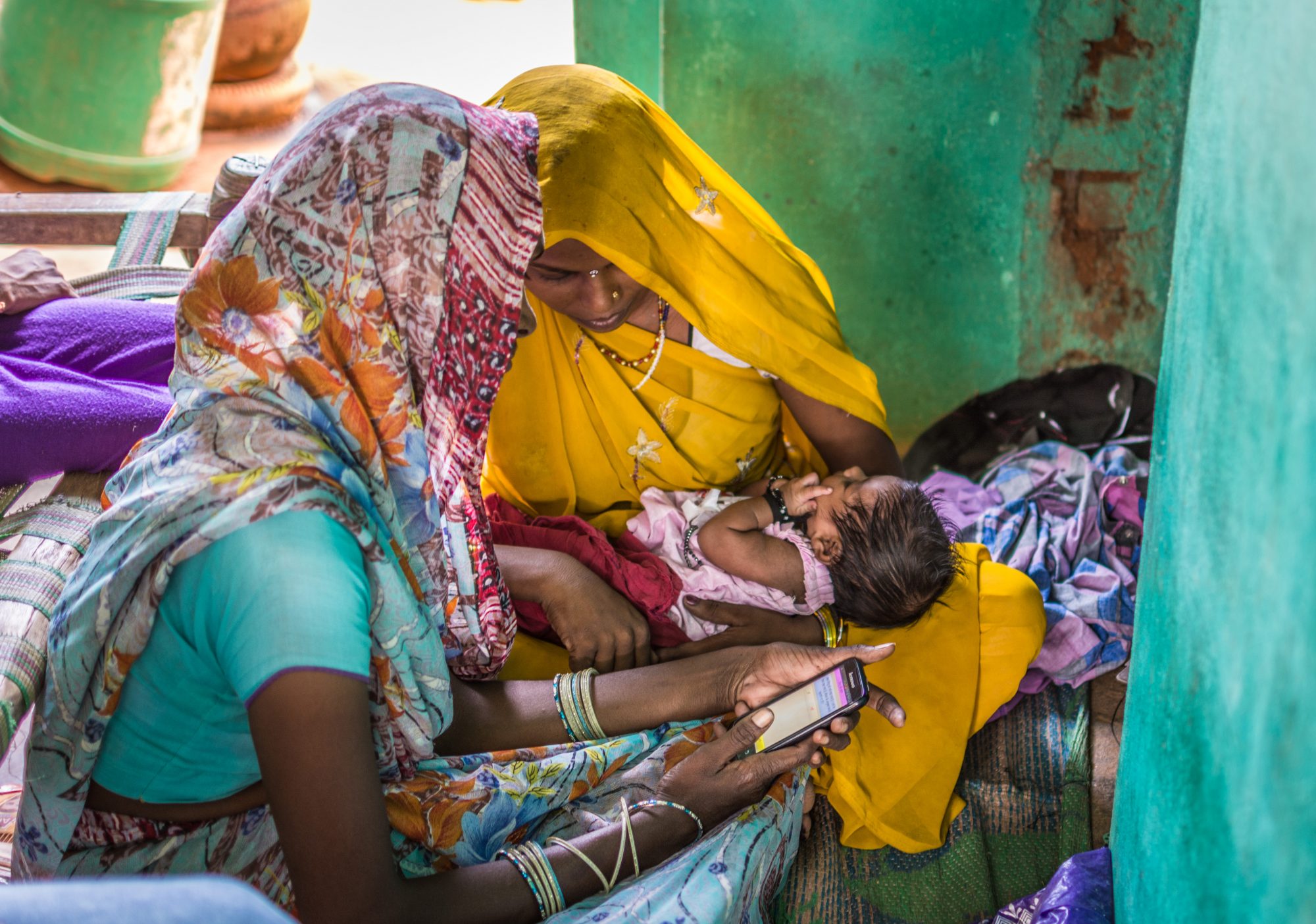By: Dr Yara Asi
Dr Asi was featured in the most recent Section Connection newsletter. To learn more about Dr. Asi please click here.
An interview with Dr. Aisha Jumaan, founder and president of the Yemen Relief and Reconstruction Foundation, and Dr. Samer Jabbour, professor at the American University of Beirut, co-chair and convener of the ‘Lancet-AUB Commission on Syria: Health in Conflict’, and founding Chair of the Global Alliance on War, Conflict, and Health.
Earlier this year, the World Health Organization released their predictions for the urgent health challenges of this new decade. To any public health professional, many of these challenges aren’t new: climate change, conflict, health equity, consumer protections, and infectious disease and epidemics, to name a few. At the most recent APHA Annual Meeting in Philadelphia, dozens of panels and presentations covered these very issues. However, because of the interlinkages between all these health threats at the local, national, and global levels, it is not enough to simply be able to name these threats. The real challenge is building the global coalitions with the resources to tackle these complex problems. While the membership of APHA certainly can’t accomplish this alone, the level of expertise within the organization on dealing with these issues, including within the International Health section, provides an excellent foundation for the research, advocacy, and practice that is necessary to tackle these complex risks.
The International Health Section Luncheon at the 2019 Annual Meeting featured two speakers who are working on the leading edge of some of these threats to public health. Dr. Aisha Jumaan, founder and president of the Yemen Relief and Reconstruction Foundation, and Dr. Samer Jabbour, professor at the American University of Beirut, co-chair and convener of the ‘Lancet-AUB Commission on Syria: Health in Conflict’, and founding Chair of the Global Alliance on War, Conflict, and Health, spoke of the challenging conditions that the world’s most vulnerable people face in accessing their most basic health needs. I talked with both of them after the meeting to get their thoughts on international health and what the members of APHA can do to support health practices, advocacy, and research that responds to the needs of fragile populations.
Due to their combined decades of experience, I first asked them what they have learned about international health in their work. Dr. Jabbour first reminds us of the difference in one’s approach to international health depending on their country of origin. As someone living and working in Beirut, to him international health “is not an ‘external’ subject or a field.” He emphasized, however, that the overall goodwill, commitment, and meaningful work happening in international health is vital in reducing global health equities and that this is an important support to count on for the countries that need to make the greatest progress. The importance of the local approach was supported by Dr. Jumaan. “Training 10 professionals outside Yemen and then having them conduct training in Yemen to a higher number of beneficiaries with a small budget have resulted in a multiplicative impact for our work…these local professionals have a better access to the countries we work in and are trusted by the local communities.”
Dr. Jumaan reiterated this perspective when I asked about the largest challenges to international health. She cited the lack of connection between the agencies that provide funding as well as the recipients of much of the funding with the environments where they are actually implementing projects. “We need to engage the beneficiary communities in every step of the way in planning and implementing international health projects.” Of course, many practitioners and researchers in this field agree with this sentiment and have for decades, but without fundamental change in how the major international health organizations operate, it is difficult to imagine these various interests coalescing around the types of widespread solutions needed to deal with the challenges presented by the WHO. Dr. Jumaan found localization efforts to be the most significant change that the international community could make going forward, with powerful institutions and associations doing the work of empowering local professionals to care for their own populations and supplying technical support when necessary.
Dr. Jabbour was clear in his response to what the largest priorities of the international health community must be going forward: “Pay more attention to political determinants of health, particularly war and conflict, contribute more meaningfully to climate change, including through engaging with the younger generations who are now leading the fight, and work towards more equitable economic systems, everywhere.”
What can we do, as members of one of the largest public health associations in the world? Aside from research and advocacy, Dr. Jumaan emphasized the need to provide technical assistance and mentoring to professionals within countries we want to support. The skills of the IH section of APHA could help “develop the skills of these professionals to implement public health projects that address the local needs in a cost-effective way.” Dr. Jabbour saw the strong potential of APHA to serve as a “beacon for public health,” but in terms of tackling the hardest public health problems, he found it vital to “take a hard decision, make the commitment, start talking with partners, draw up plans, and get seriously engaged.”
As the world’s eyes are freshly poised on global public health, we can remember Dr. Jabbour’s directive in our own work. What is the question that no one is asking? Where is the population that needs representation and outreach? How can APHA leverage its considerable institutional and scholarly resources to show solidarity with our fellow public health professionals around the world? We will need these global alliances to tackle the public health threats that are known, like war, climate change, and poverty, and those yet to come, as our global vulnerability to infectious disease is once again being made apparent with the coronavirus. Especially for practitioners and researchers in stable or more developed nations, our colleagues like Dr. Jabbour and Dr. Jumaan that are working on the frontlines of global health emergencies are counting on us for our time, energy, and engagement. As this new decade begins, let us ensure that we rise to these impending challenges and preserve health and well-being for all.


